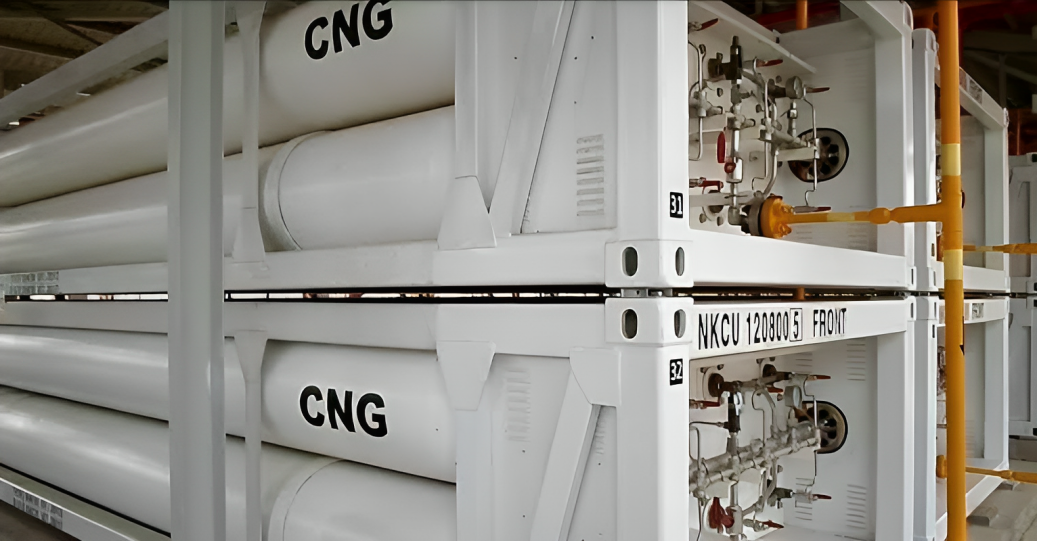Nigeria, the eighth-largest gas-producing nation in the world, is set to transform its transportation sector with the launch of the Presidential Compressed Natural Gas (CNG) Initiative. The initiative aims to promote the use of CNG as a cheaper and cleaner alternative to petrol for vehicles, as well as create jobs and reduce gas flaring.
According to the initiative’s Chairman, Mr Zacch Adedeji, also the acting Chairman of the Federal Inland Revenue Service (FIRS), the government has established seven pilot conversion centers nationwide where vehicles can be fitted with CNG kits. He said more centers would be established in the next two weeks.
Adedeji also announced that the government has waived the value-added tax (VAT) on CNG purchases and sought duty waivers for the value chain. He said this would make CNG more affordable and attractive to consumers, as well as encourage local manufacturing and assembly of CNG equipment.
The initiative was launched on Friday with the handing over of two CNG-fueled buses to the management of the State House in Abuja. The buses were manufactured by OMAA Motors, a Nigerian automobile company specializing in gas-powered vehicles.
Adedeji said the buses were not only a technical achievement but a symbol of President Bola Tinubu’s commitment to environmental sustainability and economic growth. He urged Nigerians to embrace CNG as a fuel of choice for power generation and transportation.
The Chairman of the Nigeria Governors’ Forum (NGF) and Governor of Kwara State, AbdulRahman AbdulRazaq, who was present at the launch, said Nigeria had 70 percent of its hydrocarbon in gas form, which could be harnessed for domestic and industrial use. He said Nigeria was not a crude oil country but a gas country.
AbdulRazaq also said universities in Nigeria would be the first beneficiaries of the CNG buses and that all state governments would key into the program. He called on the private sector to invest in the CNG bus program, which he said would create thousands of jobs for the youth.
The CNG initiative is part of Nigeria’s efforts to reduce its dependence on imported petrol and diversify its energy sources. According to the Nigerian National Petroleum Corporation (NNPC), Nigeria has about 203 trillion cubic feet of proven gas reserves, which could last for over 50 years at current production levels.
However, Nigeria has been unable to fully utilize its gas potential due to inadequate infrastructure, regulatory hurdles, and low domestic demand. As a result, Nigeria flares about 324 billion cubic feet of gas annually, which amounts to an estimated loss of $1 billion and a significant contribution to greenhouse gas emissions.
The CNG initiative is expected to address these challenges by creating a viable domestic market for gas, reducing gas flaring, and improving air quality. It also aligns with Nigeria’s commitments under the Paris Agreement on climate change, which aims to limit global warming to below 2 degrees Celsius above pre-industrial levels.
The initiative has been welcomed by various stakeholders in the gas industry, who have expressed optimism that it would boost Nigeria’s economic recovery from the recession caused by the COVID-19 pandemic and the oil price crash. They have also commended President Tinubu for his visionary leadership and support for the gas sector.
Source: Nairametrics



